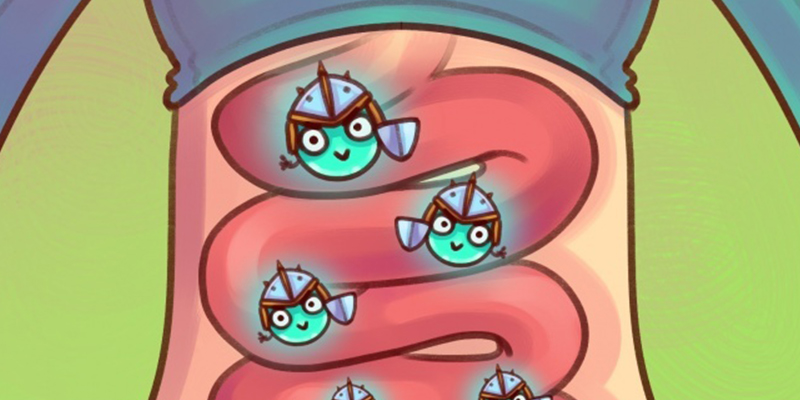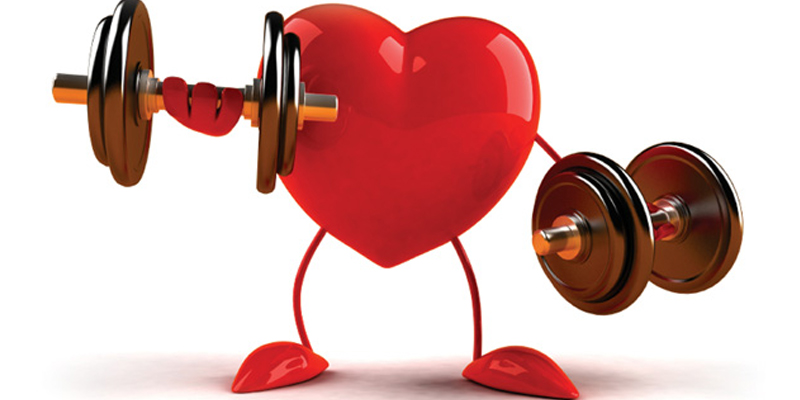Weight Loss
Adopting a vegan diet can help individuals shed 10 pounds (approximately 4.5 kg) quickly. Additionally, they don’t need to worry about counting daily calorie intake or following any specific exercise regimen.
A diet rich in fruits and vegetables will perfectly address all weight-related concerns.

Gut Health
Research indicates that those following a vegan diet have a higher number of beneficial bacteria in their gut compared to meat-eaters.
However, people new to veganism may experience bloating and indigestion. This is because the body needs time to reorganize and improve the functioning of the gut.
Thus, if you’re considering veganism, gradually increase your fruit and vegetable intake while reducing animal protein to allow your body to adjust instead of abruptly changing your diet.

Glowing Skin
Scientists have concluded that replacing meat and fish with fruits and vegetables helps the body detoxify quickly.
Consequently, your skin will become healthier and more radiant.

Enhanced Wellbeing
The first noticeable change when switching from a meat-based to a vegan diet is an overall improvement in health.
This is unsurprising, as a diet rich in fruits and vegetables aids in detoxifying the body, making you feel lighter and more refreshed.

Reduced Disease Risk
In the US, scientists have found that Carnitine, present in red meat, is one of the causes of heart disease.
A vegan diet is associated with a lower risk of hypertension, diabetes, stomach problems, and colorectal cancer.

Lower Cholesterol
Interestingly, giving up meat can help you reduce cholesterol levels by a third, protecting you from arterial diseases.
Patients with atherosclerosis are often advised to adopt a vegan diet.

Taste Bud Troubles
Zinc is essential for the proper functioning of taste buds, but a sudden shift to a meat-free diet can result in zinc deficiency, leading to taste disorders, loss of appetite, and decreased enjoyment of food.
It is crucial to include zinc-rich foods like beans, dairy, and cereals in your diet. Vegans require 50% more zinc than non-vegans.

Slower Muscle Recovery
Protein is necessary for muscle recovery after intense activity, but plant-based proteins take longer to initiate the muscle recovery process.
If you’re a vegan who works out, ensure you consume protein immediately after your gym session to aid in quicker muscle recovery.

Vitamin Deficiency
Your body may experience iodine, vitamin D, and B12 deficiencies if you eliminate meat from your diet. However, scientists assert that a well-balanced vegan diet, including beans, seeds, fruits, green vegetables, whole grains, and cereals, provides all the necessary nutrients.
If needed, you can also opt for vitamin supplements and functional foods.

Reference: brightside.me
A vegan diet is incredibly beneficial for health, but it’s crucial to ensure a balanced intake of nutrients to prevent deficiencies.






































